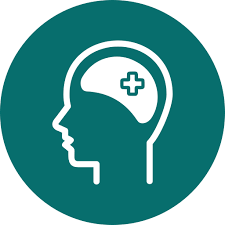
Introduction
Medical Psychology integrates the principles of psychology with the practice of medicine. This diploma program trains students to understand the psychological aspects of illness, treatment, and patient care. It prepares graduates to support individuals dealing with both physical and mental health challenges through therapeutic and diagnostic approaches.
Overview of Medical Psychology
- Medical Psychology focuses on the interaction between mental and physical health.
- Practitioners assess and treat psychological conditions within medical contexts.
- Key components of Medical Psychology include:
- Behavioral and mental health assessments.
- Collaboration with healthcare professionals.
- Addressing the psychological impact of chronic illnesses.
Training and Curriculum
- Training covers core topics like psychology, counseling, and medical ethics.
- Students gain hands-on experience through supervised practice.
- Key areas of focus include:
- Clinical assessment and diagnostic skills.
- Psychopharmacology and psychotherapy techniques.
- Working with patients in medical and therapeutic settings.
Responsibilities of Medical Psychologists
- Medical Psychologists provide mental health care in various medical environments.
- They work with patients suffering from the psychological impact of physical illnesses.
- Key responsibilities include:
- Assessing mental health and emotional well-being.
- Providing counseling and therapeutic interventions.
- Collaborating with medical teams to enhance patient outcomes.
Patient Care and Mental Health Support
- Psychologists assess patients' mental health alongside their physical conditions.
- They help patients manage stress, anxiety, and depression related to medical treatments.
- Key tasks include:
- Developing individualized therapy plans.
- Helping patients cope with chronic pain or terminal illnesses.
- Promoting mental health and emotional recovery during treatment.
Challenges and Rewards
- Medical Psychologists face complex challenges in addressing the mental health needs of patients.
- The field is demanding both emotionally and intellectually.
- However, the profession offers profound rewards:
- Helping patients regain mental strength during medical crises.
- Supporting families during difficult times.
- Experiencing the fulfillment of improving holistic patient care.
Career Opportunities
- Graduates can work in healthcare settings like hospitals, rehabilitation centers, and private practice.
- Popular career paths include:
- Clinical Psychologist in healthcare institutions
- Consulting with medical teams in hospitals
- Working in rehabilitation and pain management centers
- There are opportunities for advancement into research, healthcare leadership, and specialized areas of psychological practice.